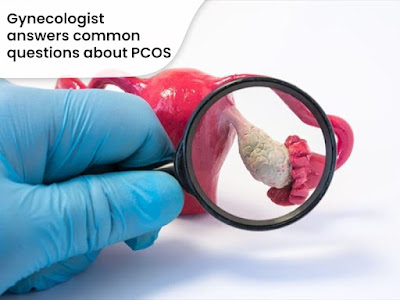In today's fast-paced world, stress has become an inevitable part of our lives. While a certain level of stress is normal, chronic stress can have detrimental effects on our physical health. One of the most alarming health risks associated with chronic stress is heart disease. Here, the best cardiologists in Mukundapur have discussed the connection between them.
Understanding Stress
Stress is the body's natural response to perceived threats or challenges. When we come across a stressful situation, our bodies release a surge of stress hormones like cortisol and adrenaline. This "fight-or-flight" response prepares us to react quickly and effectively. In the short term, this reaction can be life-saving, but when stress becomes chronic, it can be detrimental to our health.
Chronic Stress and Heart Health
Chronic stress can harm the cardiovascular system. Here's how:
Increased Blood Pressure: Chronic stress can lead to consistently elevated blood pressure, a significant risk factor for heart disease. High blood pressure can potentially damage arteries and increase the workload on the heart.
Inflammation: As per the best cardiac surgeon, stress triggers inflammation in the body, which can contribute to atherosclerosis, a condition characterized by plaque buildup in the arteries. Atherosclerosis narrows and stiffens arteries, making it more difficult for blood to flow and increasing the risk of heart attacks and strokes.
Unhealthy Lifestyle Choices: When people are stressed, they often adapt unhealthy coping mechanisms, such as overeating, smoking, or excessive alcohol consumption. These behaviours can contribute to obesity and high cholesterol levels, both of which are risk factors for heart disease.
Sleep Disturbances: Stress can interfere with sleep patterns, leading to inadequate or poor-quality sleep. Sleep is crucial for heart health, and sleep deprivation can put you at a high risk of heart disease.
Changes in Blood Clotting: Chronic stress can make blood more likely to clot, which can amplify the chance of heart attacks and strokes.
Managing Stress to Protect Your Heart
There are various strategies to manage and reduce its impact on your heart health:
- Regular Exercise: Physical activity can reduce stress levels and improve heart health.
- Relaxation Techniques: Practice meditation or deep breathing to calm your mind and lower stress levels.
- Healthy Diet: Eat a balanced diet rich in fruits, vegetables, whole grains, and proteins to support heart health.
- Adequate Sleep: Prioritize sleep and establish a consistent sleep routine to make sure you get the rest your body needs.
Conclusion
Follow these tips by the best cardiologists in Mukundapur to significantly reduce the chances of developing heart disease and lead a healthier life.



%20(1).jpg)



